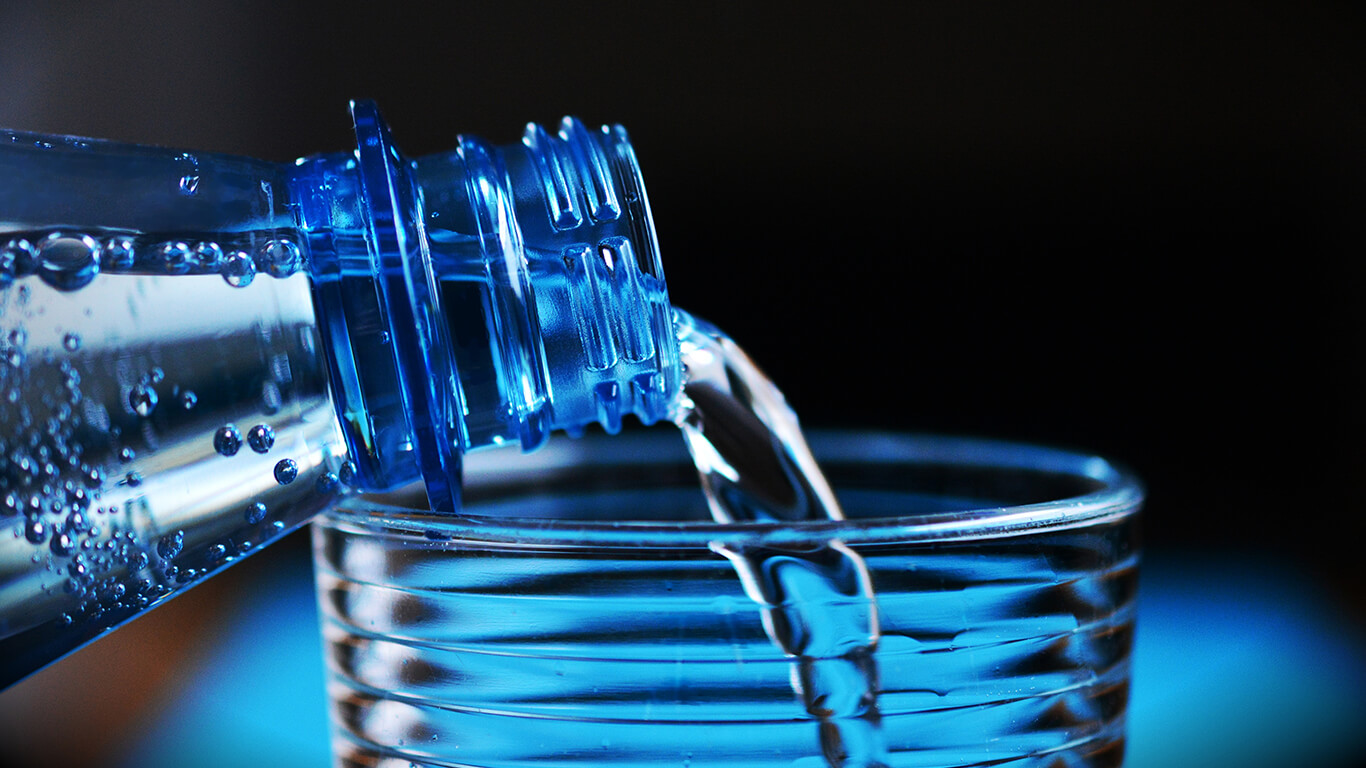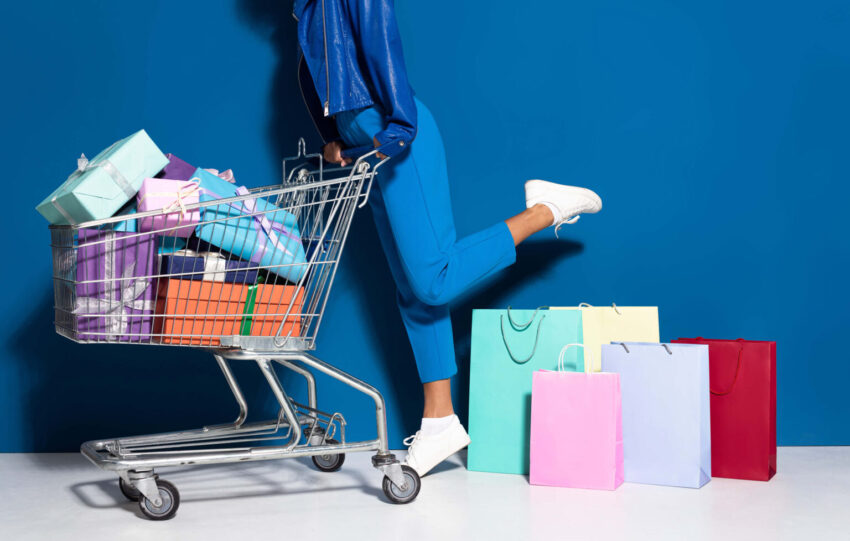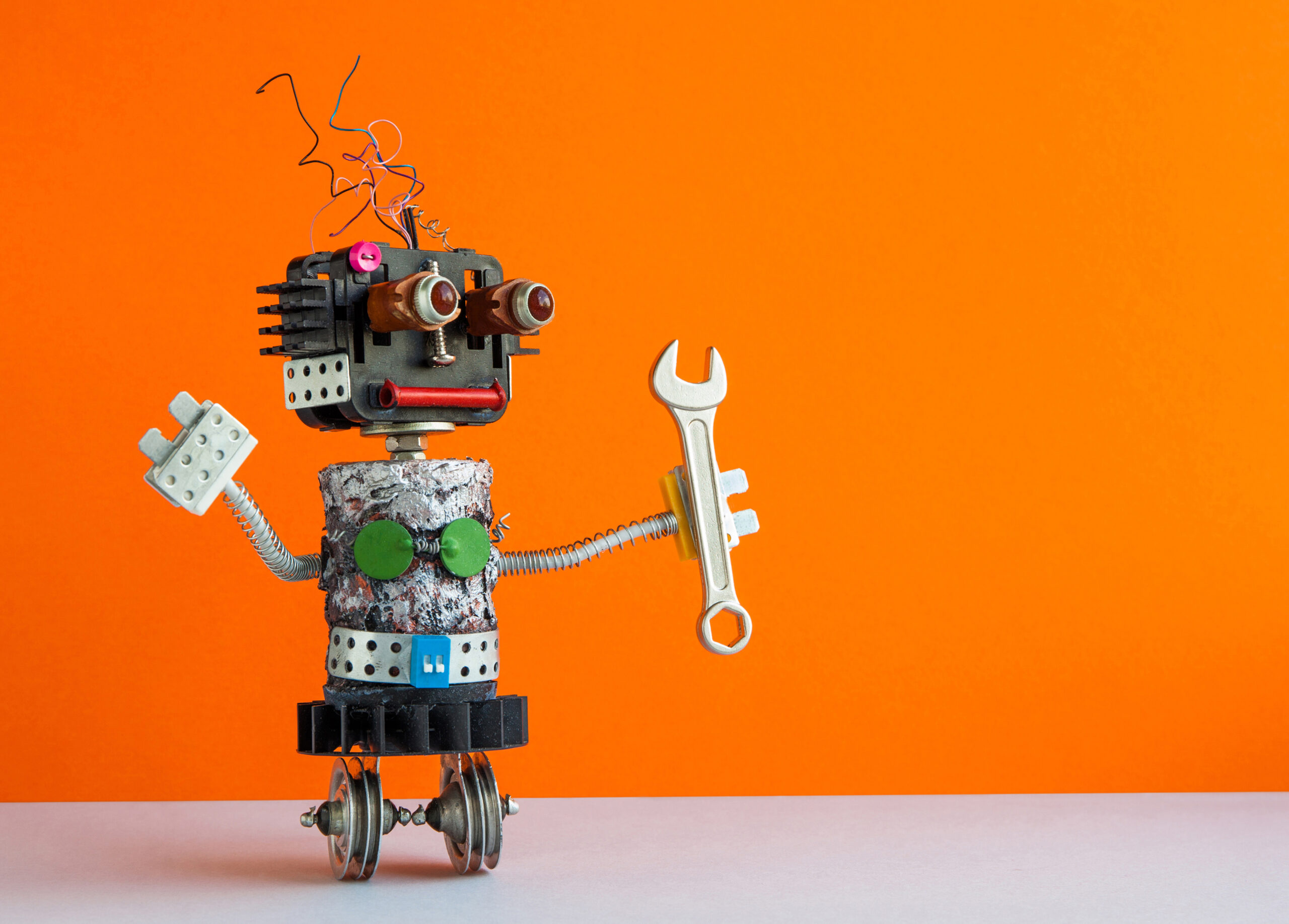
A consortium of global brands, including L’Oréal, Nestlé Waters, PepsiCo, and Suntory Beverage & Food Europe, have successfully produced the world’s first food-grade PET plastic bottles produced entirely from enzymatically recycled plastic. This initiative is in cooperation with green biotech company Carbios.
The new technology is the culmination of nearly ten years of research and development by Carbios to supercharge an enzyme that is naturally found in compost heaps that normally breaks down the leaf membranes of dead plants. This adapted enzyme works on all kinds of PET plastic regardless of its color or complexity and breaks it down into its building blocks, which can then be turned back into like-new, virgin-quality plastic.
Recycling The Old Ways Of Business
Jacques Playe of L’Oréal’s Global Head of Packaging and Product Development said, “We have been working with Carbios since 2017 to develop this first bottle made from PET derived from enzymatic recycling technology, an alternative to mechanical recycling. We are pleased to announce the feasibility of these bottles in a pilot phase and are delighted to be in a position to create the packaging of the future with our partners.”
The news is welcome amid reports by UK Christian Charity Tearfund of massive plastic pollution courtesy of four leading consumer brands – Coca-Cola, PepsiCo, Unilever, and Nestlé. Plastic pollution is widespread across six countries in three continents – China, India, the Philippines, Brazil, Mexico, and Nigeria. While some of these brands are part of the enzymatically recycled plastic initiative, the others too are involved in similar course-correction against previously environmentally irresponsible practices.
Coca-Cola highlighted its ‘World Without Waste’ effort, which was first launched in 2018, to collect and recycle the equivalent number of bottles it sells globally by 2030. Unilever is committed to cutting its use of virgin plastic for packaging in half within five years and reducing its total plastic usage by more than 100,000 metric tons.
Tearfund reiterated, “If all of these multinationals want to have longevity, they need to change. They need to invest and innovate, and as the world’s leading brands and companies, they need to lead.”



1 Comment
4jva2
buy amoxicillin tablets – valsartan 160mg generic buy ipratropium 100 mcg without prescription